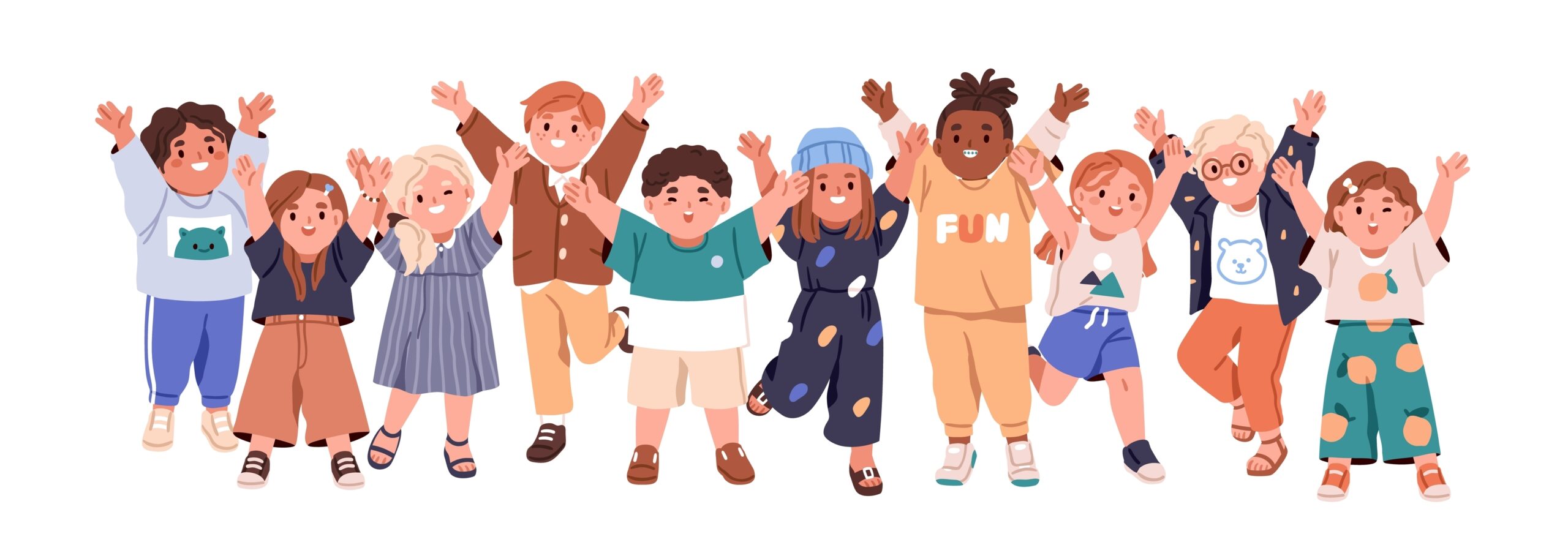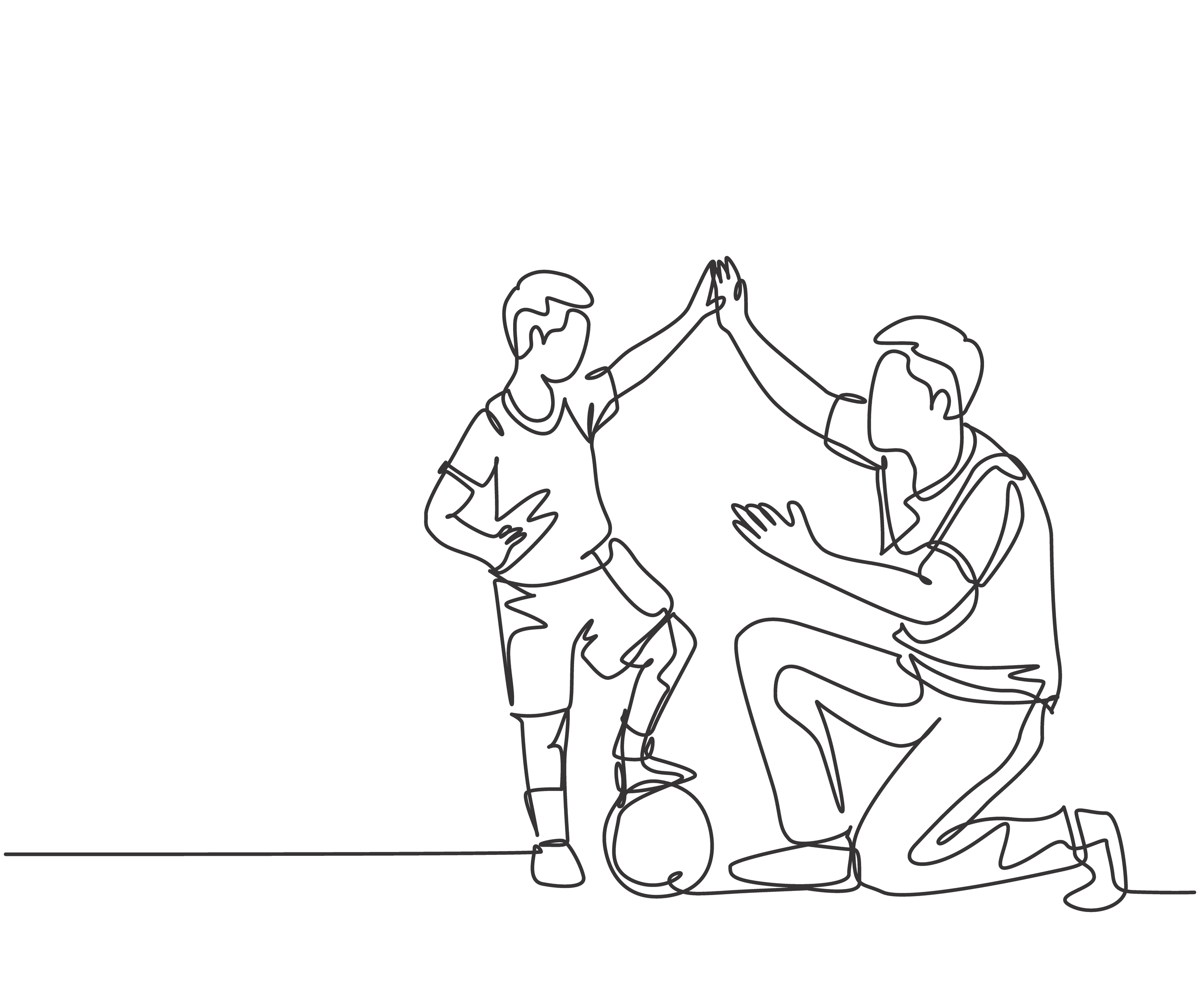Neurological Balance and Medical Disorders
- Seizure Disorders in Children: Symptoms, Diagnosis, and Therapy
- Tourette Syndrome in Children: Symptoms, Diagnosis & Therapy Options
- Substance Use Disorders in Youth: Effects, Signs & Therapy Support
- Cerebral Palsy in Children: Symptoms, Types & Therapy Support
- Pediatric TBI & Concussions: Symptoms, Recovery & Therapy Support
- Pediatric Migraines: Symptoms, Triggers & Therapy Support
- Ehlers-Danlos Syndrome in Children: Symptoms, Types & Therapy Support
- BPPV: Causes, Symptoms & Treatment with Physical Therapy
- Vestibular Disorders: Symptoms, Causes & Therapy Support for All Ages
- Parkinson’s Disease: Symptoms, Treatment & Therapy Support
- Post-Stroke Rehab & CVA Recovery: Find Therapists for Stroke Rehabilitation
- Ataxia: Causes, Symptoms & Rehab Therapies
- Peripheral Neuropathy: Causes, Symptoms & Rehab
- Delayed Motor Milestones in Children | Early Signs, Causes & Therapy
- Hypotonia (Low Muscle Tone) in Children: Symptoms, Causes & Therapy
- Spina Bifida in Children: Types, Symptoms & Therapy Options
- Tic Disorders in Children: Symptoms, Types & Therapy Support
- Down Syndrome
Hypotonia (Low Muscle Tone) in Children: Symptoms, Causes & Therapy

Authored by: The DrSensory Editorial Team
Reviewed by: 🛡️ DrSensory Clinical Review Board – Doctor of Therapy Rehab Division
Last updated: June 2025
Hypotonia in Children: Understanding Low Muscle Tone and How Therapy Helps
What Is Hypotonia?
Hypotonia, commonly known as low muscle tone, is a condition where a child’s muscles appear soft, loose, or “floppy.” It can affect posture, coordination, feeding, and mobility, often delaying motor development.
Unlike muscle weakness, hypotonia refers to reduced muscle tension—meaning the muscles lack the resistance needed for proper support and movement. Children with hypotonia may have trouble:
- Sitting upright
- Crawling or walking
- Lifting their heads
- Chewing or speaking clearly
Signs and Symptoms of Hypotonia
Hypotonia can range from mild to severe and may be present at birth or noticed later during infancy or toddlerhood.
Common Signs in Infants
- Floppy or “rag doll” appearance
- Head lag when pulled to sit
- Difficulty feeding or sucking
- Poor reflexes
Signs in Toddlers and Older Children
- Poor posture or slouched sitting
- Frequent falls or unsteady walking
- Low stamina during play
- Difficulty with handwriting or using utensils
- Speech that is slurred or delayed
- Loose joints or hypermobility
Early intervention is key to preventing complications such as joint instability or delayed independence.
Delayed rolling, crawling, or sitting
Causes of Hypotonia
Hypotonia is not a condition in itself but a symptom of an underlying issue. Causes include:
- Genetic disorders (e.g., Down syndrome, Prader-Willi syndrome)
- Neurological conditions (e.g., cerebral palsy, muscular dystrophy)
- Metabolic or mitochondrial disorders
- Developmental coordination disorder (DCD)
- Idiopathic hypotonia (no known cause)
Testing by a neurologist, geneticist, or developmental pediatrician may be needed to determine the cause.
How Hypotonia Is Diagnosed
- Diagnosis often involves a combination of:
- Developmental screenings by a pediatrician
- Neurological exams and tone assessments
- Genetic or metabolic testing
- MRI or brain imaging in some cases
- Referral to a PT, OT, or SLP for functional evaluations
How Therapy Helps Children With Hypotonia
Pediatric Physical Therapy (PT)
- Builds core strength and postural control
- Improves balance, coordination, and gait
- Uses activities like tummy time, crawling, climbing, and standing exercises
- Enhances gross motor milestone acquisition
Pediatric Occupational Therapy (OT)
- Focuses on fine motor skills, such as grasping, writing, or feeding
- Supports daily living skills like dressing and toileting
- Uses play-based sensory-motor approaches
- Improves hand-eye coordination and endurance
Pediatric Speech-Language Pathology (SLP)
- Addresses oral motor challenges (e.g., drooling, poor chewing)
- Improves speech clarity and muscle tone in the mouth
- Helps with feeding therapy for safe swallowing
- Supports communication development if delays are present
Early Intervention Is Key
The earlier hypotonia is identified, the better the outcomes. Therapy can:
- Prevent developmental delays from worsening
- Improve motor and communication skills
- Increase independence in daily activities
- Boost confidence and social interaction
How DrSensory Helps Families and Therapists
For Families:
DrSensory connects you with trusted pediatric PTs, OTs, and SLPs trained in hypotonia care.
✅ Search by location, age group, and therapy type
✅ View therapist profiles, specialties, and clinic info
✅ Choose in-person or telehealth options
✅ Empower your child with expert, compassionate care
🔎 [Find a Therapist for Hypotonia Near You →]
For Therapists:
- Join DrSensory to:
- Boost your online visibility and local SEO
- Share your expertise with families actively seeking help
- Build credibility as a verified pediatric specialist
- Showcase services like hypotonia therapy, feeding therapy, or early intervention
- 📈 [List Your Clinic or Claim Your Profile Now →]
Frequently Asked Questions (FAQ)
What is the difference between hypotonia and muscle weakness?
Hypotonia is low muscle tone (reduced resistance), while muscle weakness is inability to generate force. Many children with hypotonia also have weakness, but they are not the same.
Is hypotonia a lifelong condition?
It depends on the cause. Some children improve significantly with therapy, especially if hypotonia is mild or idiopathic. Others may need long-term support, especially if associated with genetic or neurological disorders.
Can a child with hypotonia learn to walk?
Yes. With early therapy, many children with hypotonia learn to crawl, walk, and even run—though they may do so later than peers. PT is especially helpful for motor milestone progression.
When should I see a therapist for hypotonia?
If your child appears floppy, has trouble feeding, isn’t meeting milestones, or struggles with posture or motor skills, you should seek an evaluation from a pediatric PT, OT, or SLP.
Is therapy for hypotonia covered by insurance?
In most cases, yes. Pediatric therapy is often covered under private insurance, Medicaid, and Early Intervention programs. Check with your provider for specific coverage.
Can hypotonia affect speech?
Yes. Oral hypotonia can make it difficult for children to chew, swallow, or produce clear speech sounds. A pediatric speech therapist can help with oral motor therapy and communication support.
This page provides general educational content and is not a substitute for professional medical advice. Always consult a licensed provider for diagnosis and treatment.
View privacy policy, copyright and trust info
More on Neurological Balance and Medical Disorders

- Seizure Disorders in Children: Symptoms, Diagnosis, and Therapy
- Tourette Syndrome in Children: Symptoms, Diagnosis & Therapy Options
- Substance Use Disorders in Youth: Effects, Signs & Therapy Support
- Cerebral Palsy in Children: Symptoms, Types & Therapy Support
- Pediatric TBI & Concussions: Symptoms, Recovery & Therapy Support
- Pediatric Migraines: Symptoms, Triggers & Therapy Support
- Ehlers-Danlos Syndrome in Children: Symptoms, Types & Therapy Support
- BPPV: Causes, Symptoms & Treatment with Physical Therapy
- Vestibular Disorders: Symptoms, Causes & Therapy Support for All Ages
- Parkinson’s Disease: Symptoms, Treatment & Therapy Support
- Post-Stroke Rehab & CVA Recovery: Find Therapists for Stroke Rehabilitation
- Ataxia: Causes, Symptoms & Rehab Therapies
- Peripheral Neuropathy: Causes, Symptoms & Rehab
- Delayed Motor Milestones in Children | Early Signs, Causes & Therapy
- Hypotonia (Low Muscle Tone) in Children: Symptoms, Causes & Therapy
- Spina Bifida in Children: Types, Symptoms & Therapy Options
- Tic Disorders in Children: Symptoms, Types & Therapy Support
- Down Syndrome
Find a Therapist near you
Are you looking for a physical, occupational, or speech therapist in your area?
Look no further than the DrSensory Therapist Database and Clinic Directory!
Find a Therapist
Find the physical therapist, occupational therapist, or speech language pathologist you’re looking for!
Ask Us Anything
Whether you are looking for advice, have a general question about sensory processing, or looking for resources.
Submit Your Story
Share your story about your child. Let’s celebrate milestones and learn more about challenges.


















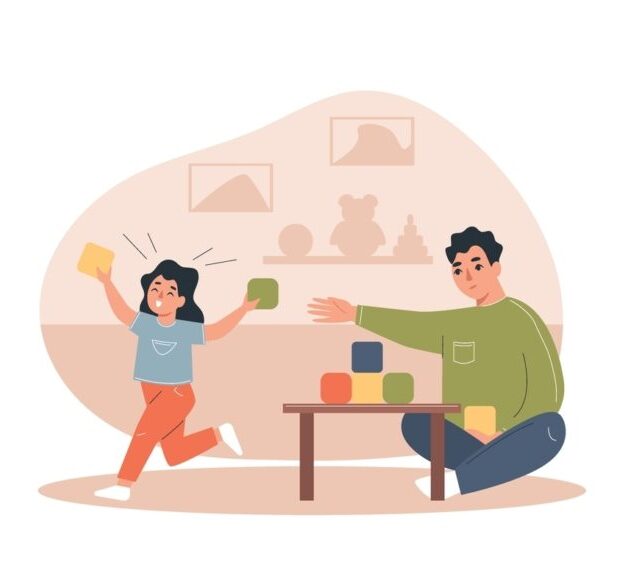



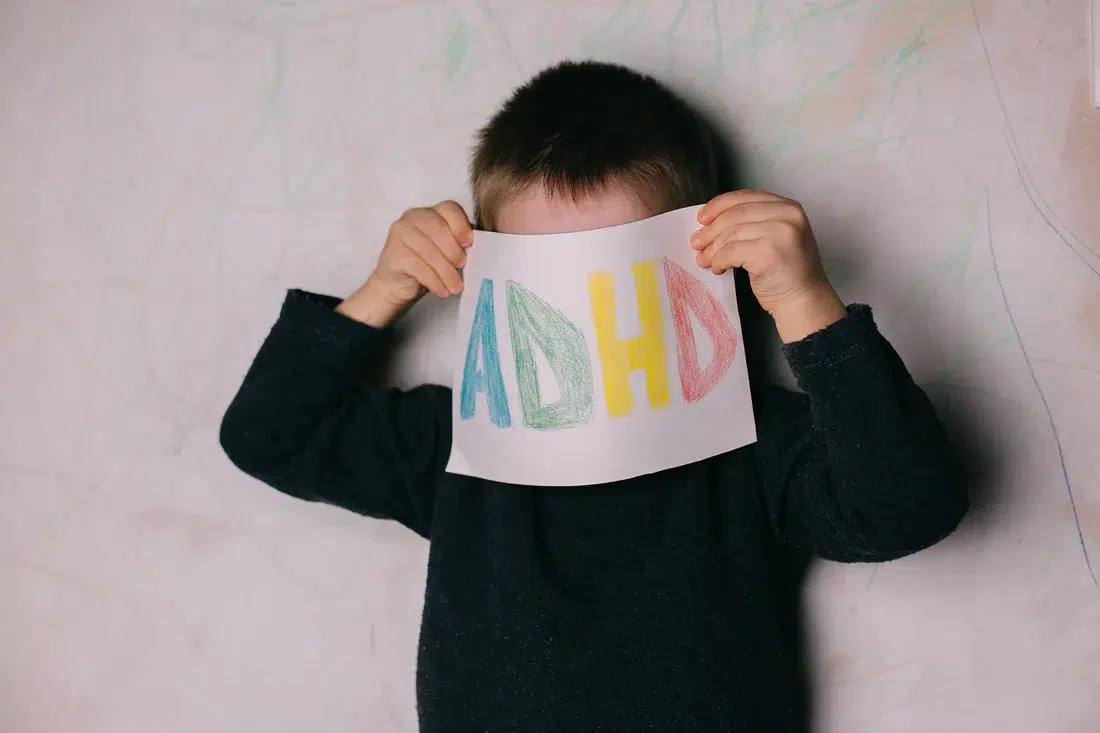




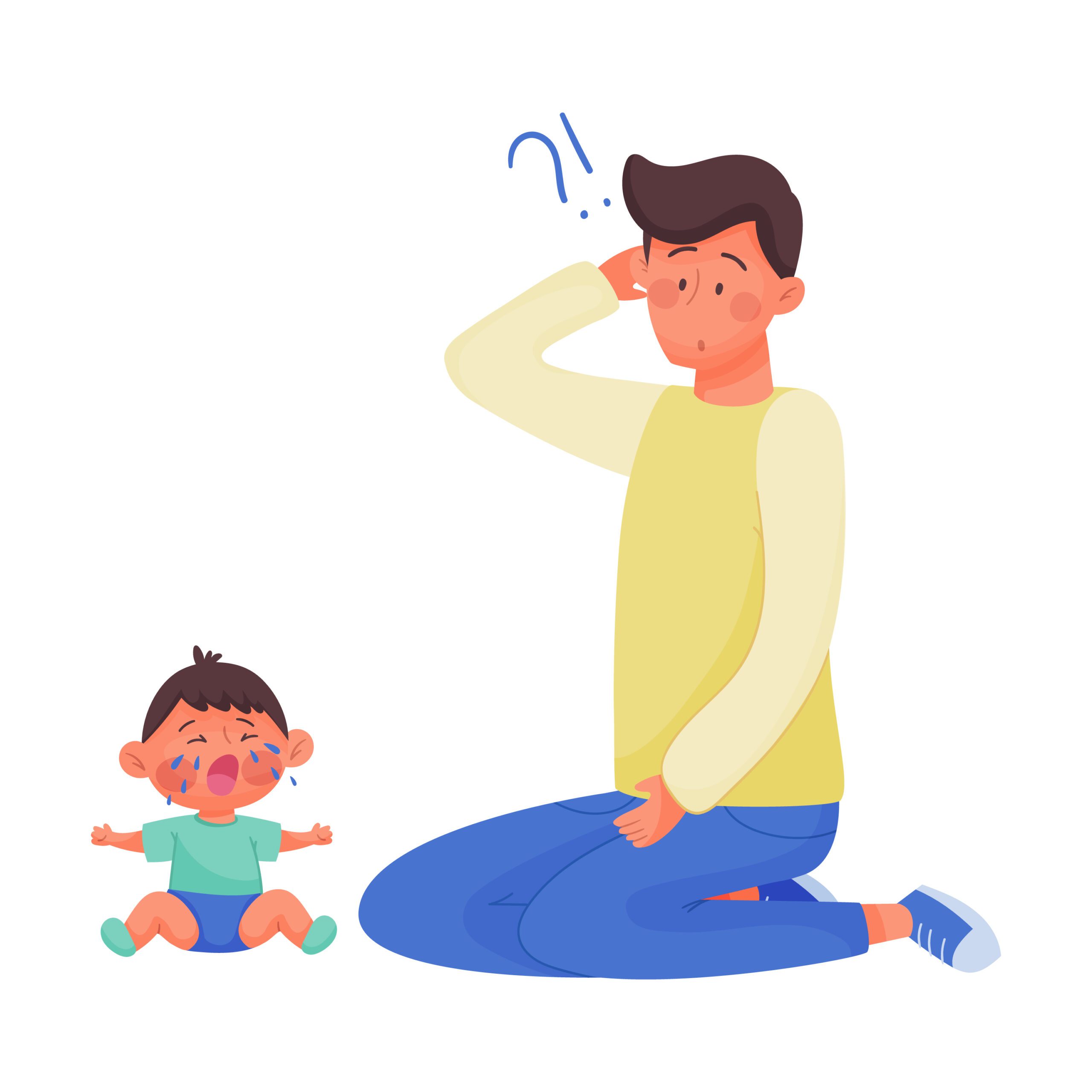
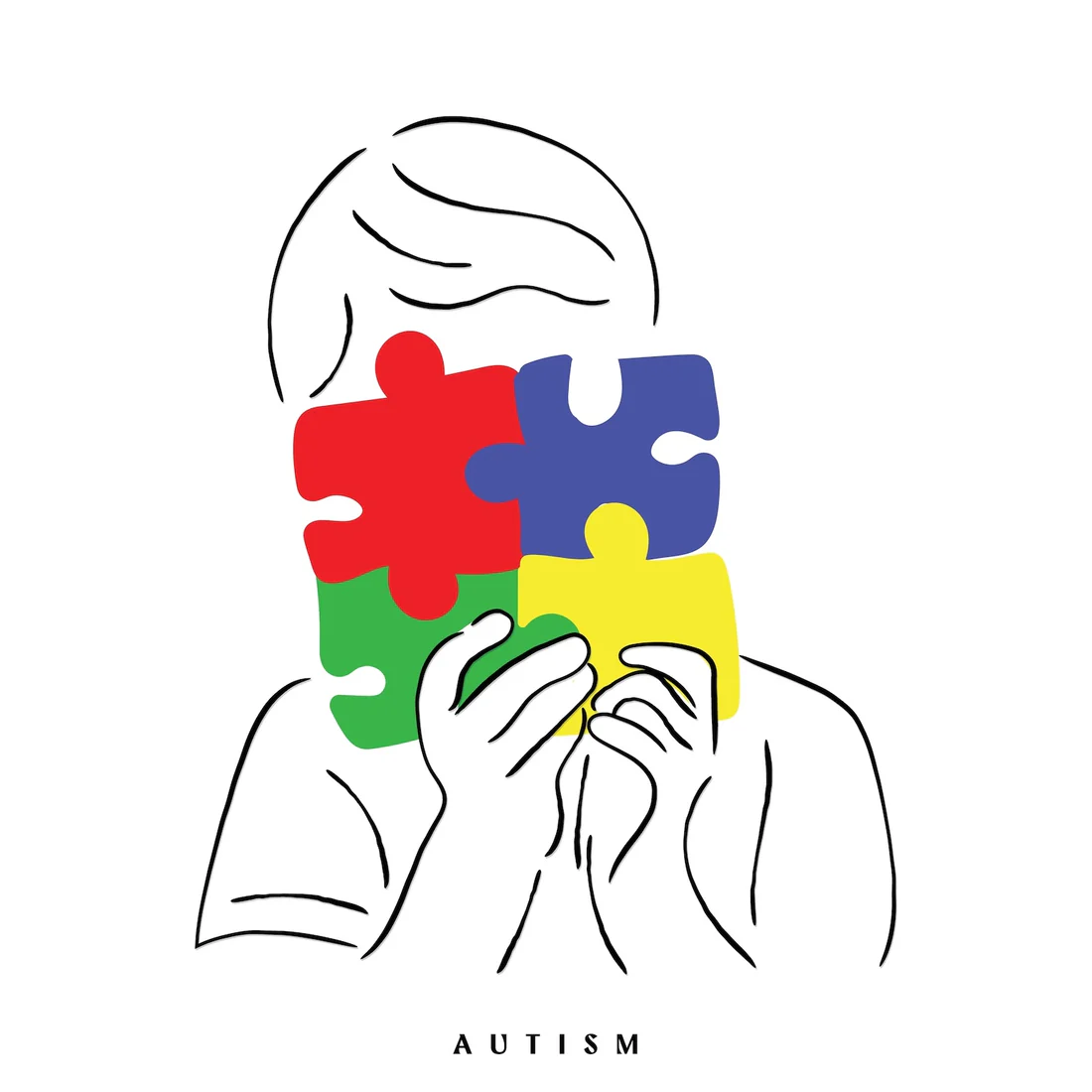
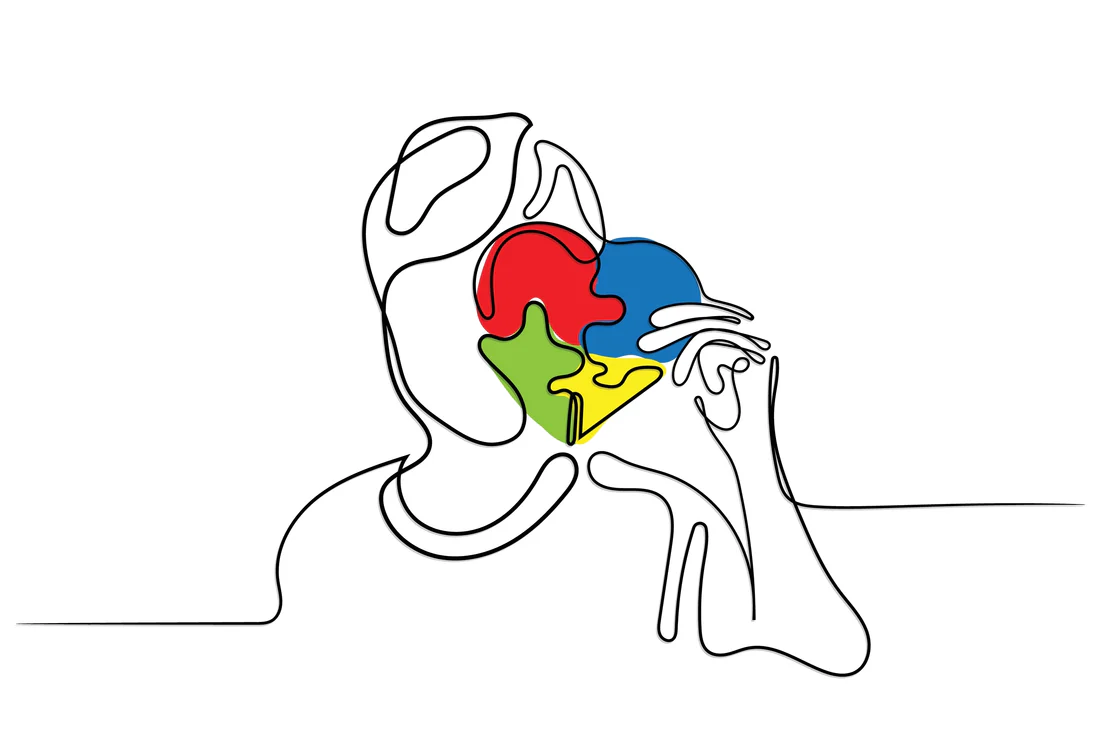

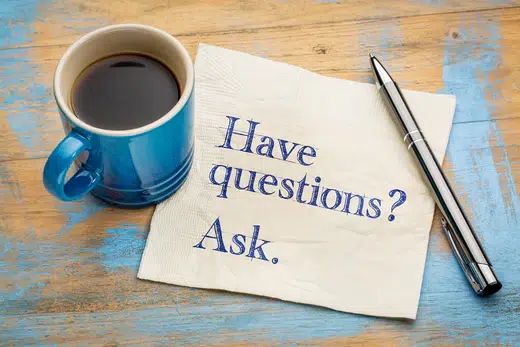








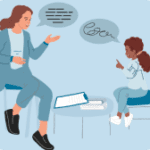 Speech Therapy
Speech Therapy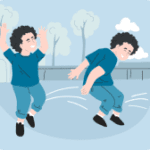 Physical Therapy
Physical Therapy Occupational Therapy
Occupational Therapy



